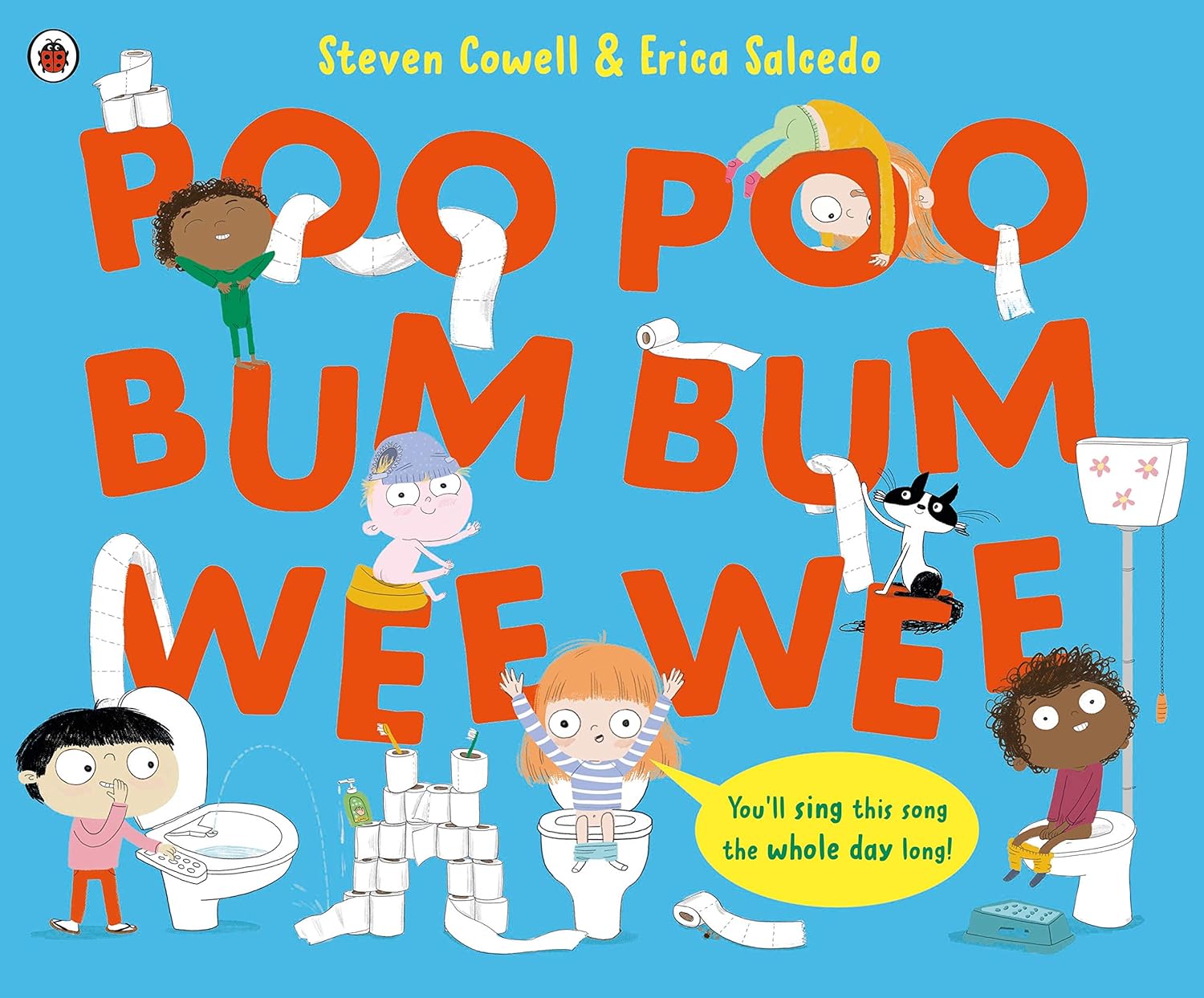About this deal
Give your child the opportunity to do things for themselves as far as possible. This will help them to feel in control, positive and relaxed about the process. Our stomach then mashes the food into a soupy mixture before it gets passed into the small bowel. The body takes out the good stuff it needs (nutrients) before passing the rest of the waste liquid into the large bowel. Keep the potty in the bathroom. If that's upstairs, keep another potty downstairs so your child can reach the potty easily wherever they are. The idea is to make sitting on the potty part of everyday life for your child.
Being dry at night is not dependent on age or hormones, it is more about practice and developing good habits. Once they are pooing comfortably again, it will be easier to gradually move them away from their nappyLight pink or orange stains are nothing to worry about. They’re caused by the wee reacting with chemicals in the nappy and are quite common. Also, sometimes there can be small ‘crystals’ on the inner surface of a disposable nappy. These come from the inside of the nappy, not from your baby. When you first stop using nappies, choose a time when you can stay home with your child for a few days, so you can do some one to one learning with them.
Learning how to use the potty independently and stopping wearing nappies is a big milestone for your child. There are lots of new and exciting skills for them to learn with your help.Make sure your child is drinking enough during the day. Aim for 6-8 drinks a day. Water is the best drink but milk in moderation and well-diluted squash is OK too. After the first week: babies continue to wee and poo several times each day for the first few weeks. Records the default button state of the corresponding category & the status of CCPA. It works only in coordination with the primary cookie.
Once you've helped to grow your child's body awareness and they begin to develop confidence in what they've learnt, you can then start to build in and give opportunities to practice some more advanced skills. These include: If the wee stains are red or brown, or you think there might be blood in the wee or your baby doesn’t seem well, see your GP immediately. Poo: what you need to know Just like when they learn to talk, walk and feed themselves, the best way to help your child get the hang of potty training is to give them lots of practice, support and encouragement. You are the best teacher they can learn from!Do not shame or punish your child about accidents, as stress and upset can make it harder for you and your child to learn together. Reusable cloth potty training pants are handy if you are travelling or when your child is at nursery. These are like underwear but with an absorbent layer to help soak up accidents which can be washed and used again. Although most learn this between the ages of 3 and 5, up to 1 in 5 children aged 5 sometimes wet the bed. When to start potty training
Try to change nappies or pull-ups as soon as they are wet or soiled. This teaches your baby that it is normal to be clean and dry. Try to stay calm and not put pressure on yourself or your child. It's fine to only do what feels manageable for you both - it's all part of their learning process. You don’t need to abandon potty practice, just pause until your child is feeling better or more willing. The bowel is a long tube-like organ which is part of our digestive system. This system begins when we put food into our mouths. Chewing food into little pieces makes it easier to swallow. Only offer the first stage formula milk as hungrier baby milks can increase the risk of your baby becoming constipated
What’s a ‘heavy nappy’?
Encourage independence as soon as you see it developing, phasing out support once your child shows understanding There are also conditions such as Hirschsprung’s disease and Spina Bifida which affect a small number of children from birth. Our Guide for Children with Complex Bladder and Bowel Problems is something you can read with your child. All babies should produce several heavy nappies every day. If you use disposable nappies, do the ‘heavy nappy’ test with water so you know what you are looking for. You can also place a cloth inside the nappy, which will stay wet when your baby wees. Any questions about your baby’s health or feeding, just ask your midwife.
 Great Deal
Great Deal 